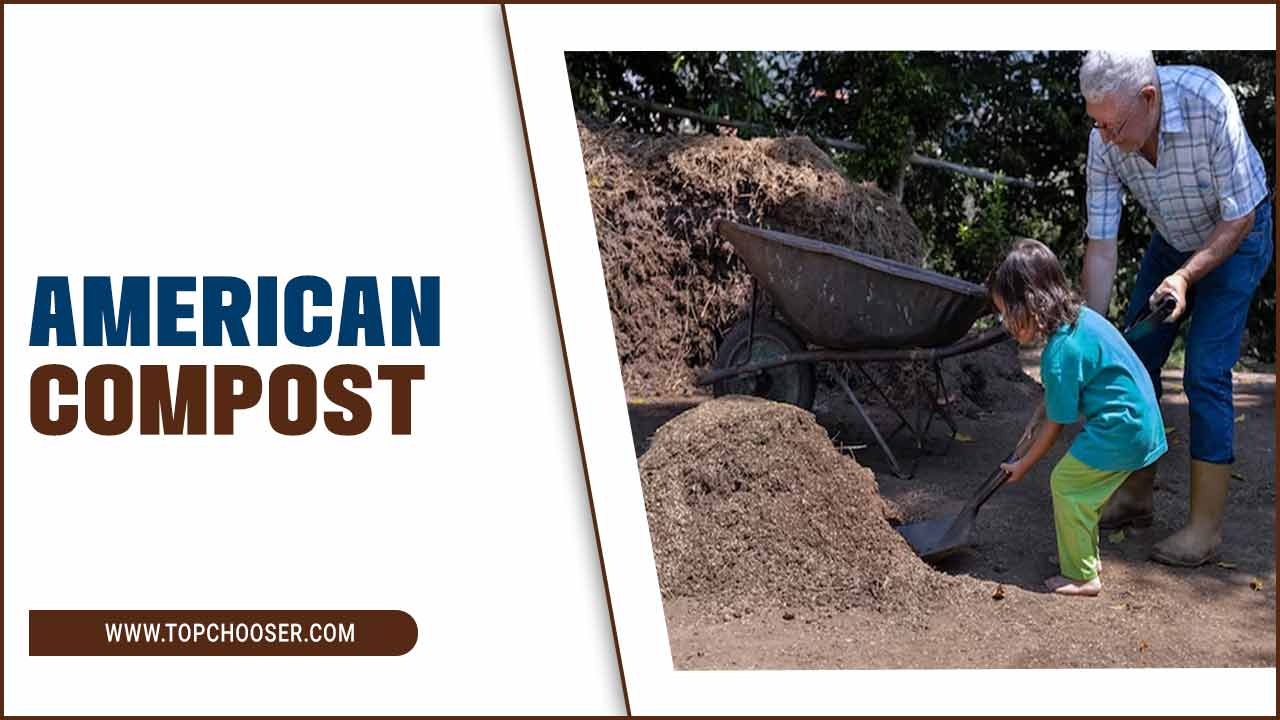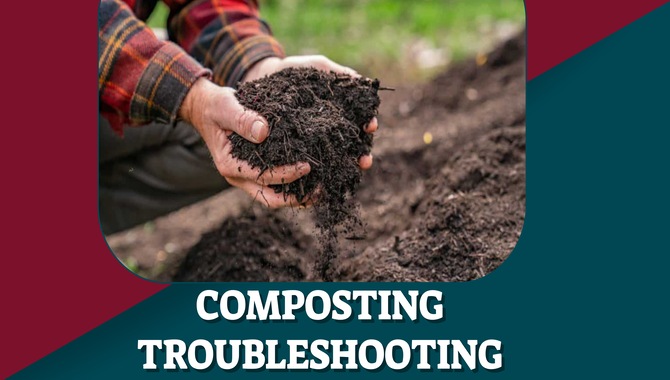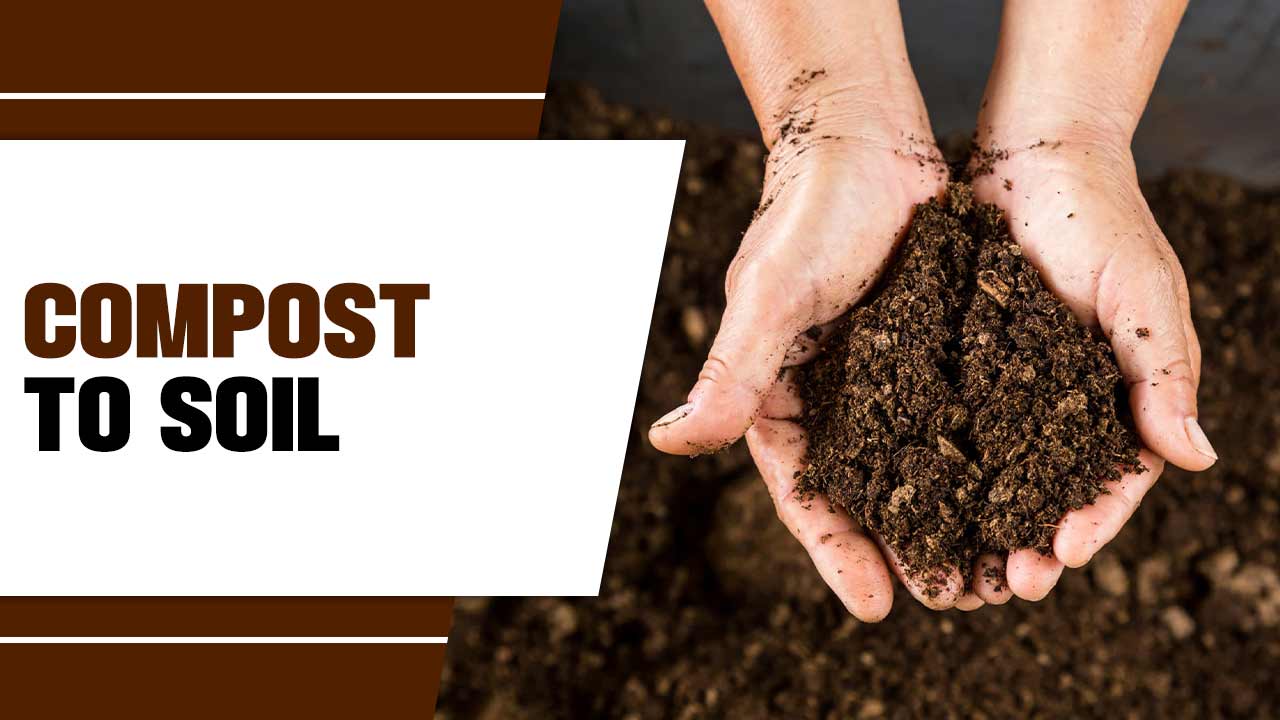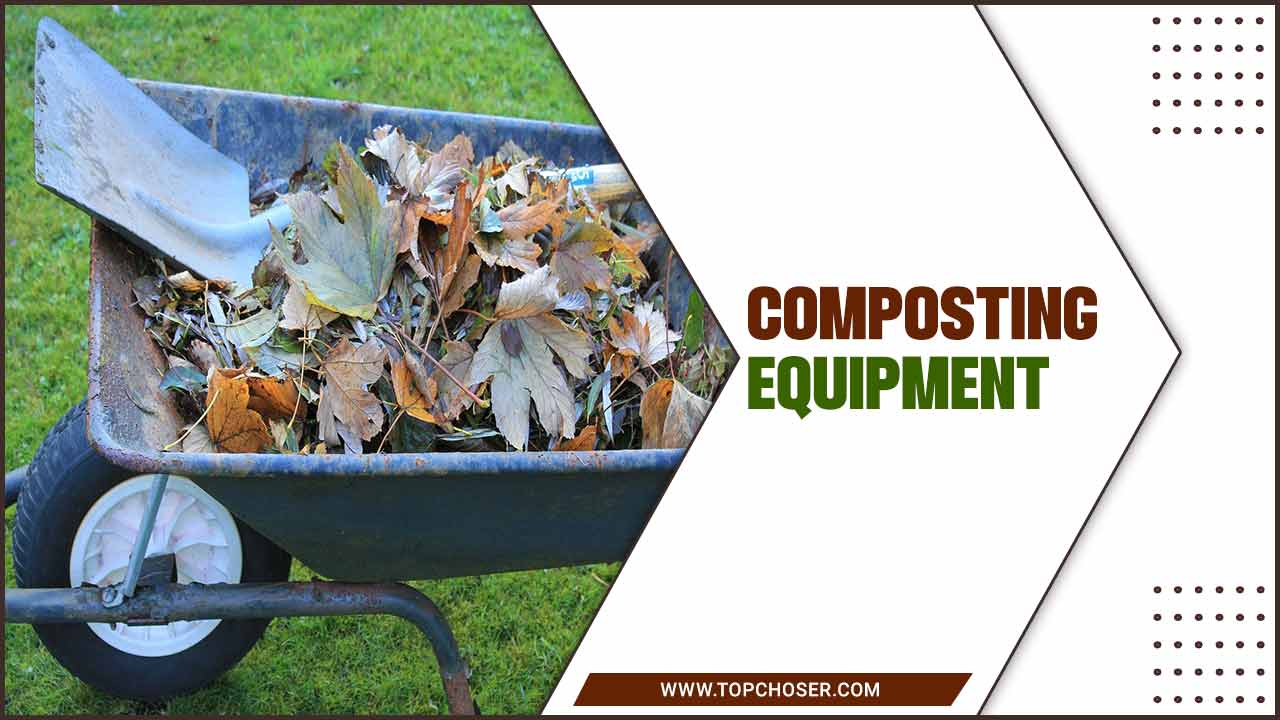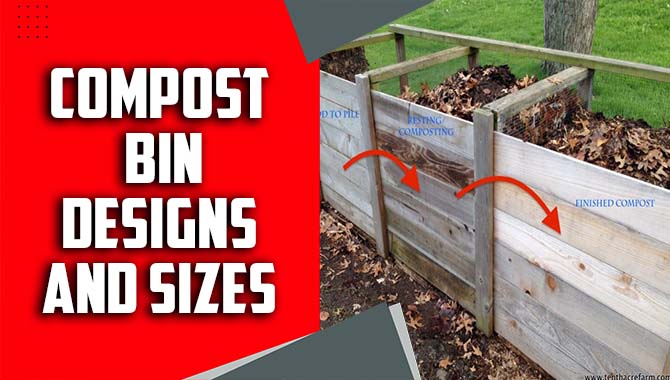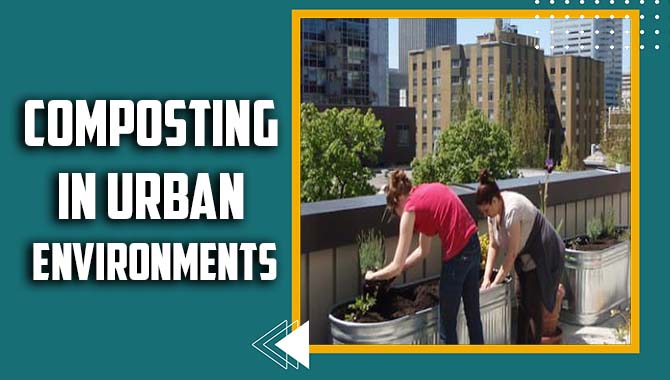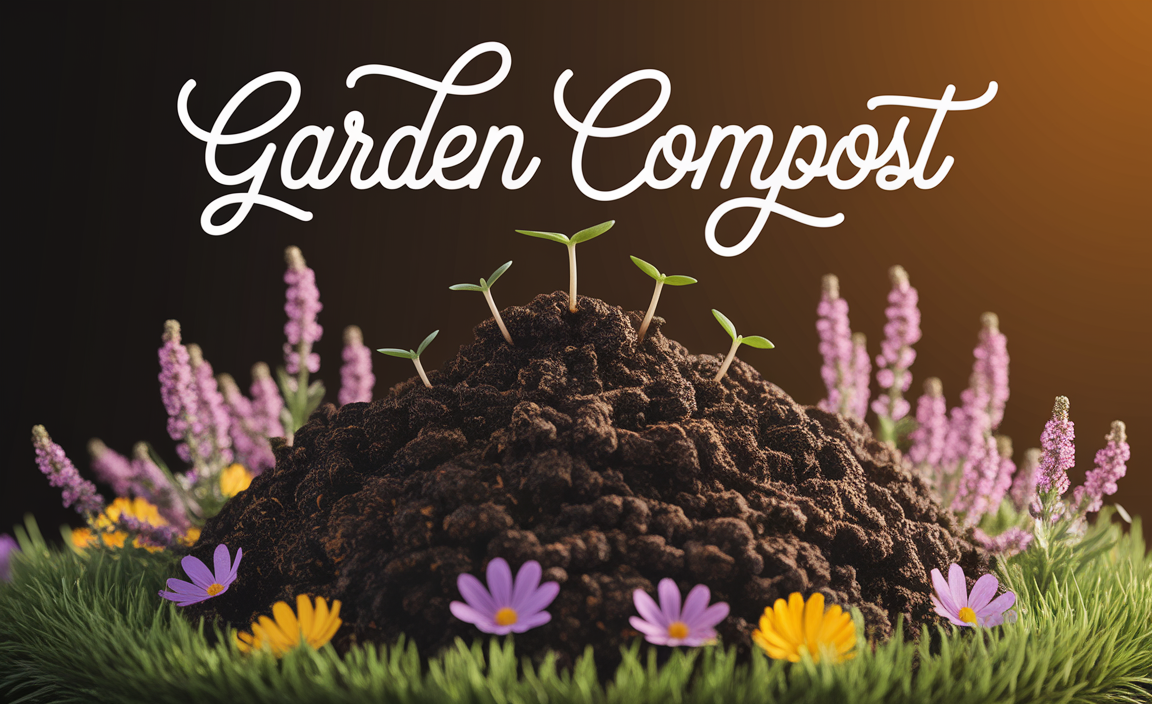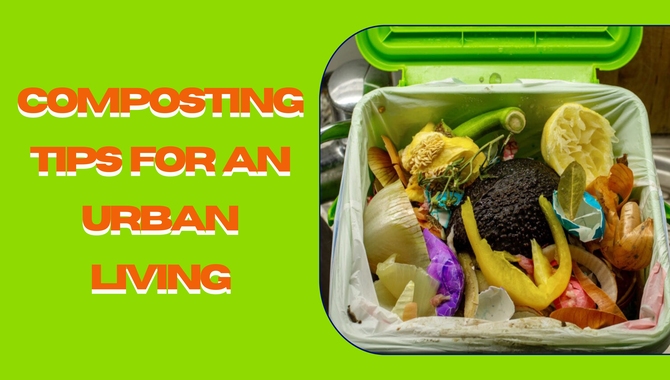As a gardener, you know the importance of soil quality on plant growth. The foundation of any successful garden is healthy soil packed with essential nutrients, minerals, and organic matter.
Whether you are growing vegetables, flowers, or fruits, soil fertility is crucial for thriving plants. One of the best ways to ensure high-quality soil is by incorporating compost into your garden. Composting is the process of decomposing organic materials such as food waste, grass clippings, and fallen leaves into a nutrient-rich soil amendment.
It can reduce waste, improve soil structure, and increase plant growth. Composting can transform your garden into a lush oasis of vibrant plants and flowers when done correctly. We will explore the benefits of composting and how to make potent compost for your garden.
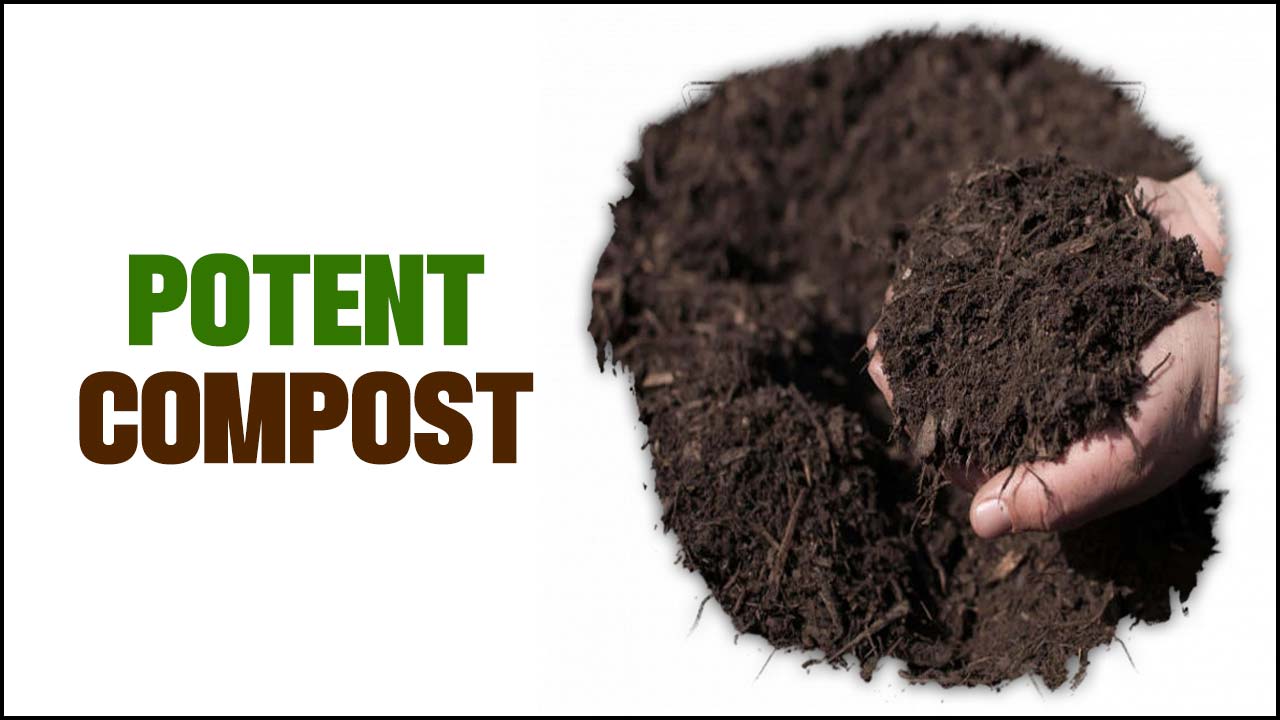
What Is Compost?
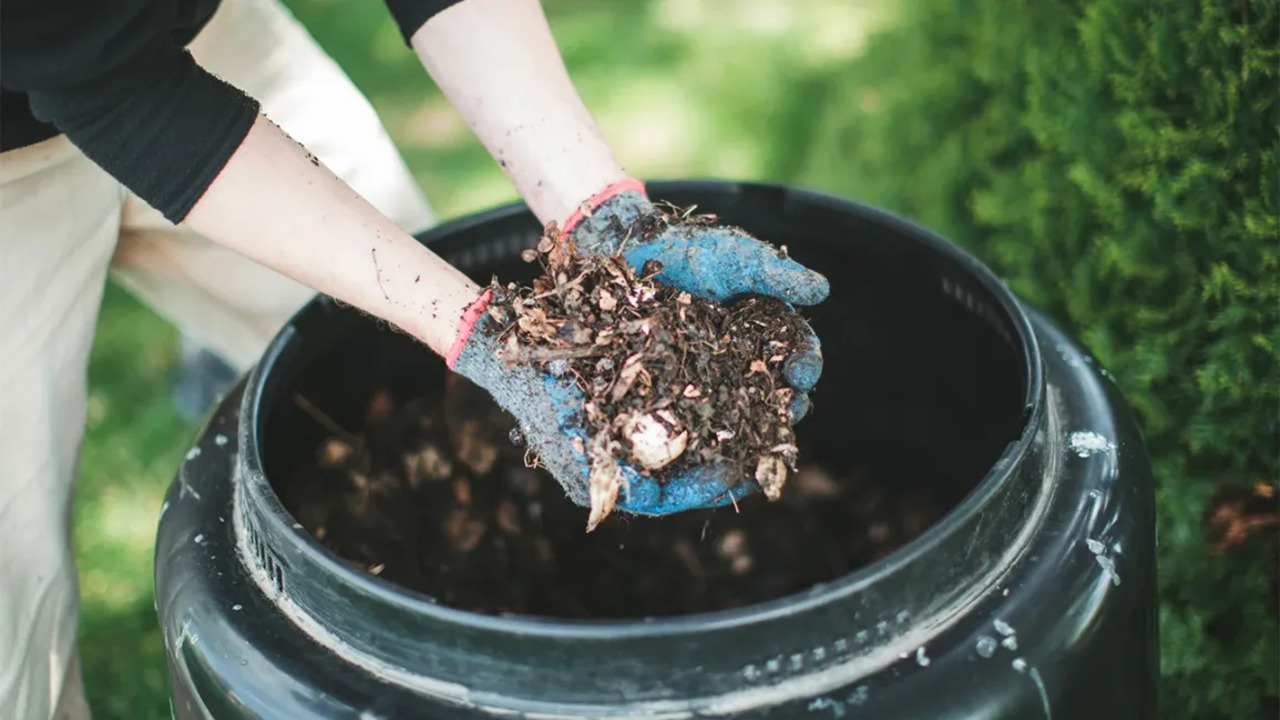
Compost is a rich, dark, and crumbly material created through organic matter decomposition. It is often called “black gold” because of its nutrient-rich composition and ability to improve soil fertility. Composting is a natural process that occurs when microorganisms, such as bacteria and fungi, break down organic materials like food scraps, yard waste, and leaves.
These materials are then transformed into a nutrient-rich substance that can enhance plants’ health and vitality. Compost is used in gardening, landscaping, and agriculture as a natural fertilizer and soil amendment. It helps to improve soil structure, retain moisture, and provide essential nutrients for plant growth. Composting is beneficial for plants and soil health and plays a crucial role in reducing the amount of organic waste sent to landfills, making it an eco-friendly practice.
Types Of Compost
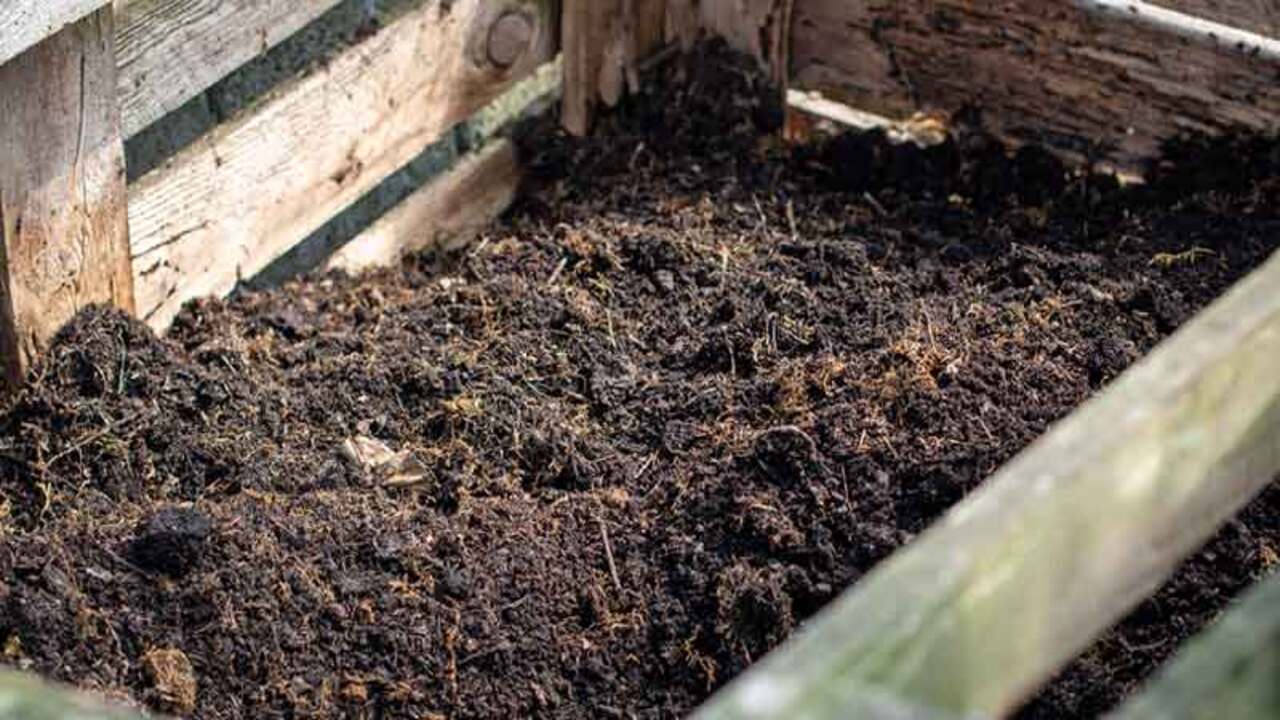
Several different types of compost can enrich the soil and promote healthy plant growth. The most common type of compost is made from kitchen scraps, yard waste, and other organic materials. This type of compost is rich in nutrients and can be handy in gardens, flower beds, and potted plants. Another type of compost is vermicom post, which is made using worms to break down organic matter.
Vermicom post is highly fertile and can be used as a soil amendment or a top plant dressing. Additionally, there are specialized composts such as mushroom compost, made from the byproducts of mushroom farming, and manure-based composts, derived from animal waste. Each type of compost has unique benefits and uses, so choosing the right one for your specific gardening needs is important.
How To Make Potent Compost Your Garden Growth
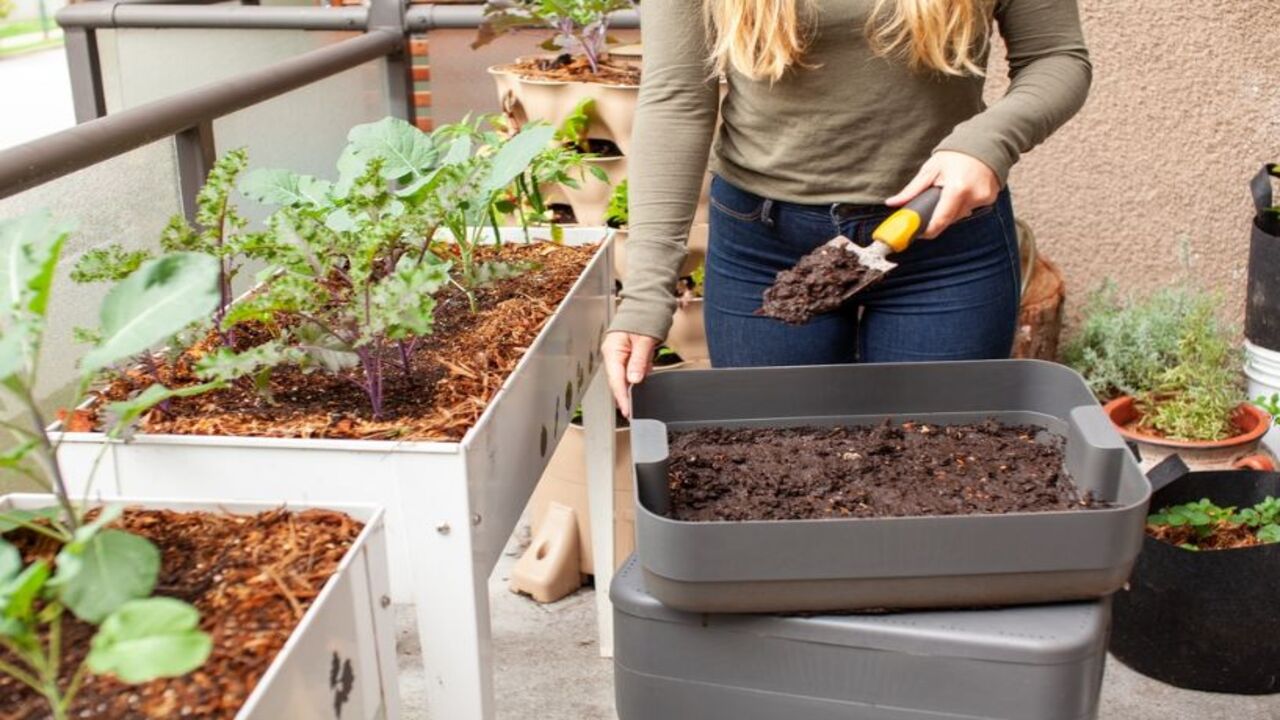
Making potent compost is essential for maximizing the growth and health of your garden. Following these steps, you can create potent- compost to enrich your garden soil and promote healthy plant growth. Remember to be patient; the composting process takes time, but the results will be well worth it in the end! Follow these steps to create nutrient-rich compost that will benefit your plants:
- Start with a mixture of green and brown materials. Green materials include kitchen scraps, grass clippings, and fresh plant trimmings, while brown materials consist of dry leaves, straw, and shredded paper. The right balance between these two types of materials is crucial for successful composting.
- Chop or shred larger pieces of organic matter to speed up decomposition. Smaller pieces decompose more quickly and create compost faster.
- Layer your green and brown materials in your compost bin or pile. Alternate between layers of green and brown to promote decomposition and prevent odours.
- Keep your compost moist but not wet. Moisture helps break down the organic matter, so water your compost regularly if it becomes too dry.
- Turn your compost regularly to aerate it and promote decomposition. Use a pitchfork or shovel to mix the materials thoroughly, ensuring that everything breaks down evenly.
- Monitor the temperature of your compost pile regularly using a thermometer. The ideal temperature range for efficient decomposition is between 120-160°F (49-71°C).
- Allow your compost to mature for several months before using it in your garden. During this time, beneficial microorganisms break the organic matter into nutrient-rich humus.
The Benefits Of Using Compost In Your Garden
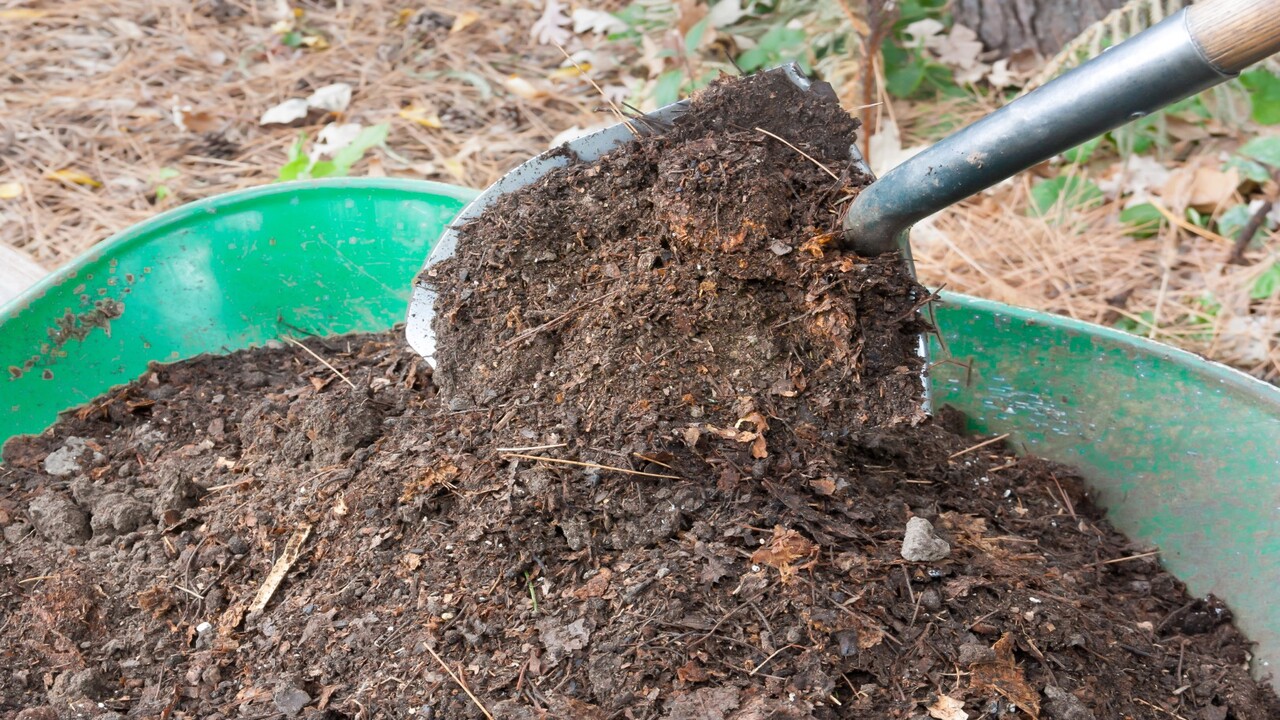
Using compost in your garden can provide numerous benefits for your plants and the overall health of your garden. Compost is a rich source of organic matter, which helps to improve soil structure and fertility. It adds essential nutrients to the soil, such as nitrogen, phosphorus, and potassium, necessary for healthy plant growth.
Compost also helps to retain moisture in the soil, reducing the need for frequent watering. Additionally, it can suppress weed growth and improve overall soil health by promoting beneficial microbial activity. Incorporating compost into your garden can create a nutrient-rich environment supporting thriving plants and a flourishing ecosystem.
How Compost Improves Soil Health And Fertility
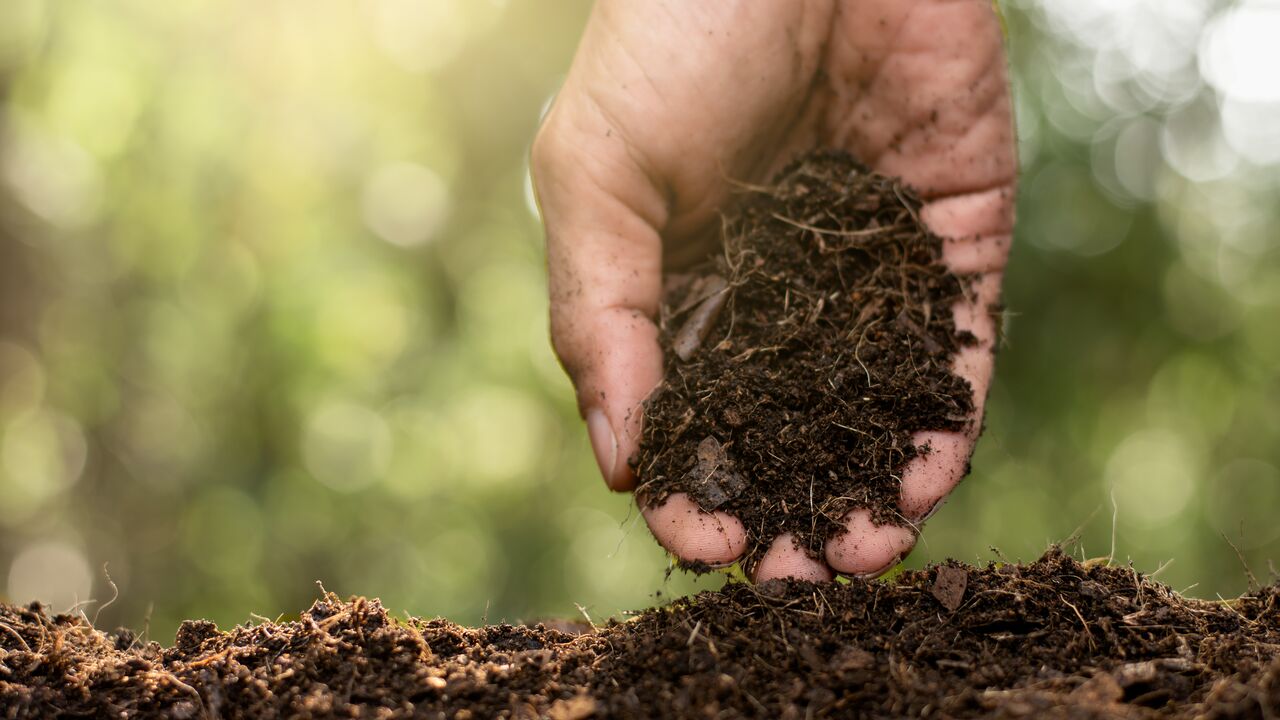
Compost is a powerful tool for improving soil health and fertility. When added to soil, compost provides essential nutrients such as nitrogen, phosphorus, and potassium that plants need to grow and thrive. These nutrients are released slowly over time, ensuring a steady plant supply. Compost also helps to improve soil structure by increasing its ability to hold water and reducing erosion.
Additionally, the organic matter in compost encourages the growth of beneficial microorganisms that break down organic matter and release even more nutrients into the soil. This creates a healthy and balanced ecosystem in the soil, promoting the growth of strong and vibrant plants. Overall, incorporating compost into your gardening or farming practices can profoundly impact your soil’s health and productivity.
How To Start Your Own Compost Pile Or Bin
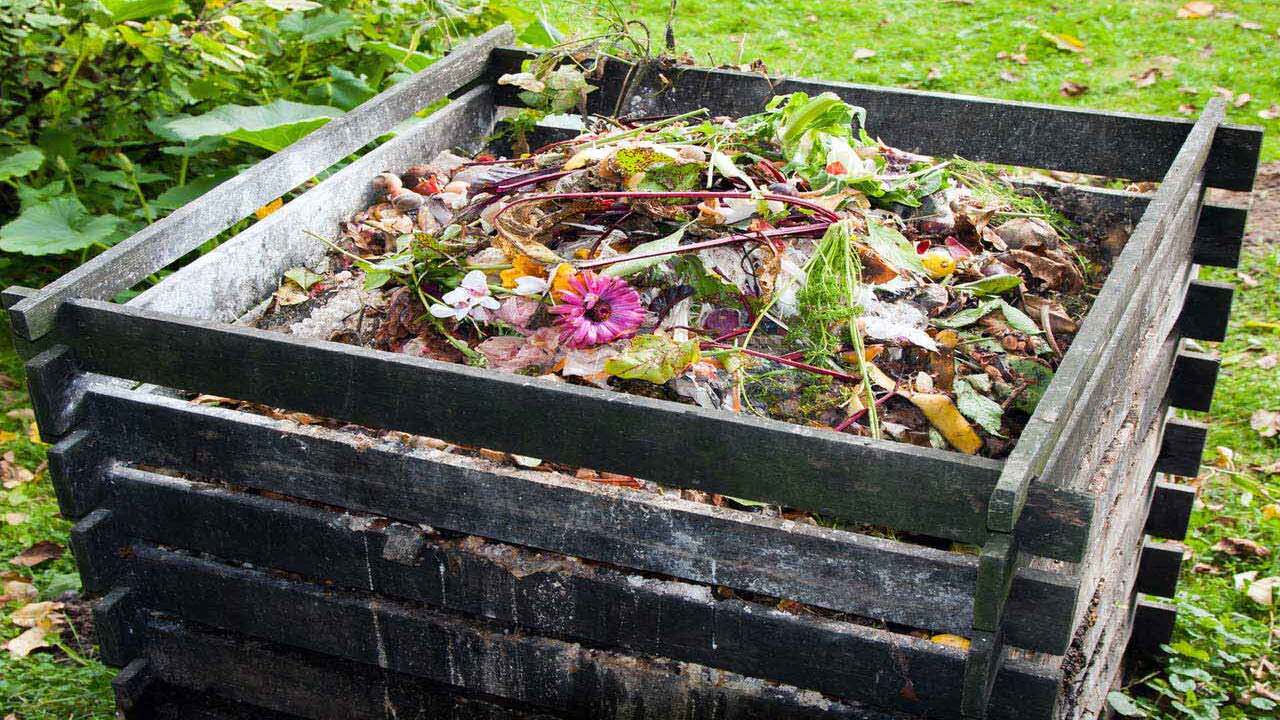
Starting your own compost pile or bin is a great way to reduce waste and create nutrient-rich soil for your garden. To start, choose a location for your compost pile or bin that is convenient and easily accessible.
Next, collect organic materials such as fruit and vegetable scraps, coffee grounds, eggshells, and yard waste. Avoid adding meat, dairy products, or oily foods, as these can attract pests. Layer the organic materials in your compost pile or bin, alternating between dry materials like leaves or straw and moist materials like kitchen scraps.
It’s important to regularly turn the compost pile to aerate it and speed up the decomposition process. Within a few months to a year, depending on various factors such as temperature and moisture levels, you’ll have rich compost that can be handy to nourish your plants and gardens. Starting your own compost pile or bin is beneficial for the environment and a rewarding way to create nutrient-dense soil for all of your gardening needs.
Tips For Managing And Maintaining Your Compost Pile
Managing and maintaining your compost pile is essential for creating potent compost. Following these tips, you can manage and maintain a thriving compost pile that produces nutrient-rich compost for your garden or plants. Here are some tips to help you get the most out of your composting efforts:
- Balance your materials: A good ratio of carbon-rich “browns” (such as dry leaves, straw, or shredded paper) to nitrogen-rich “greens” (such as kitchen scraps or fresh grass clippings) is key to successful composting. Aim for a 3:1 ratio of browns to greens by volume.
- Keep it moist: Your compost pile should be damp, like a wrung-out sponge. If it’s too dry, add water; if it’s too wet, add more brown to absorb excess moisture.
- Turn it regularly: Regularly turning your compost helps to aerate the pile and speed up decomposition. Aim to turn it every few weeks with a pitchfork or shovel.
- Chop or shred large materials: Breaking down large materials into smaller pieces will accelerate decomposition and reduce the overall size of your compost pile.
- Monitor temperature: Composting generates heat as microorganisms break down organic matter. Use a thermometer to monitor the temperature of your pile; temperatures between 120-160°F indicate active decomposition.
Is Compost Necessary For A Garden?
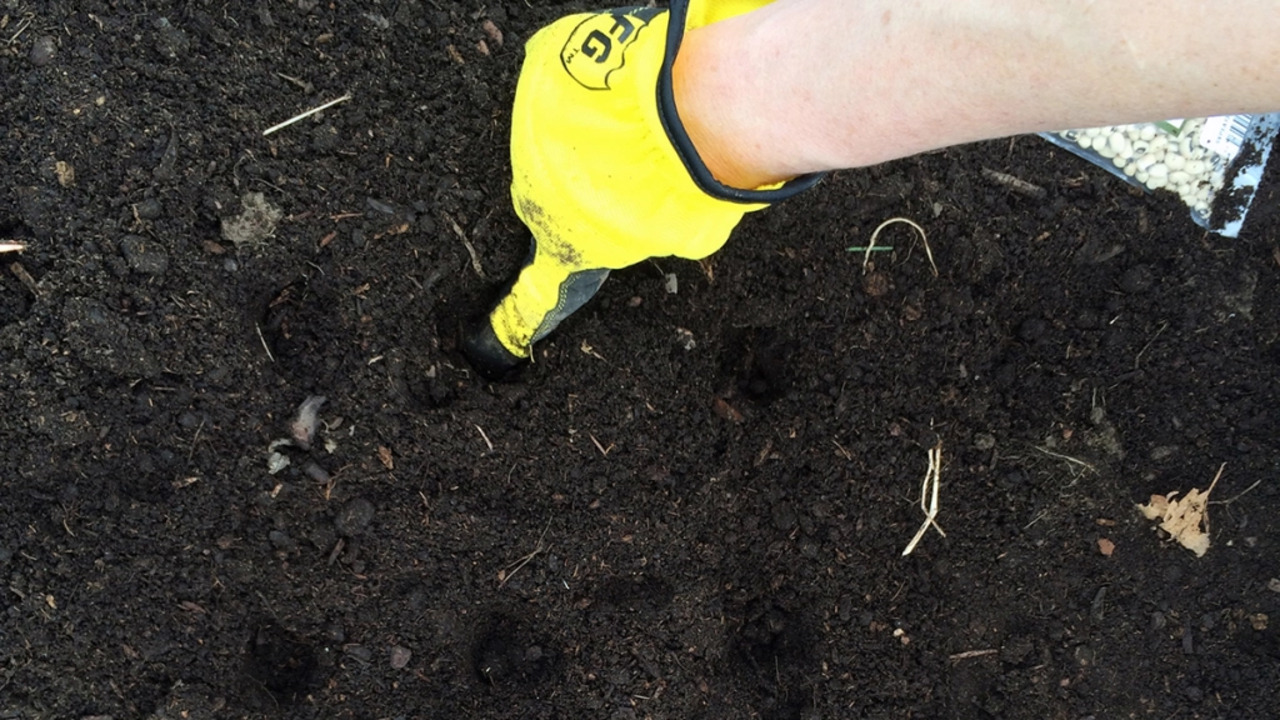
Compost is unnecessary for a garden, but it can be extremely beneficial. Compost is a nutrient-rich soil amendment that improves soil structure and fertility. It adds organic matter to the soil, which helps retain moisture and provides essential nutrients for plants.
Compost also enhances microbial activity in the soil, promoting healthy root development and overall plant growth. While it is possible to have a successful garden without compost, incorporating it into your gardening routine can greatly enhance the health and productivity of your plants.
Disadvantages Of Using Weak Compost
While composting is a great way to reduce waste and enrich the soil, using weak compost can have disadvantages. Weak compost may not provide the nutrients and organic matter needed for optimum plant growth. This can result in poor plant health, stunted growth, and reduced yields.
Additionally, weak compost may contain weed seeds or pathogens that can harm plants. To avoid these potential drawbacks, it is important to ensure that your compost is well-aged and properly decomposed before using it in your garden. Regularly testing the quality of your compost and making adjustments as needed can help you achieve the best results for your plants.
Things To Avoid While Composting
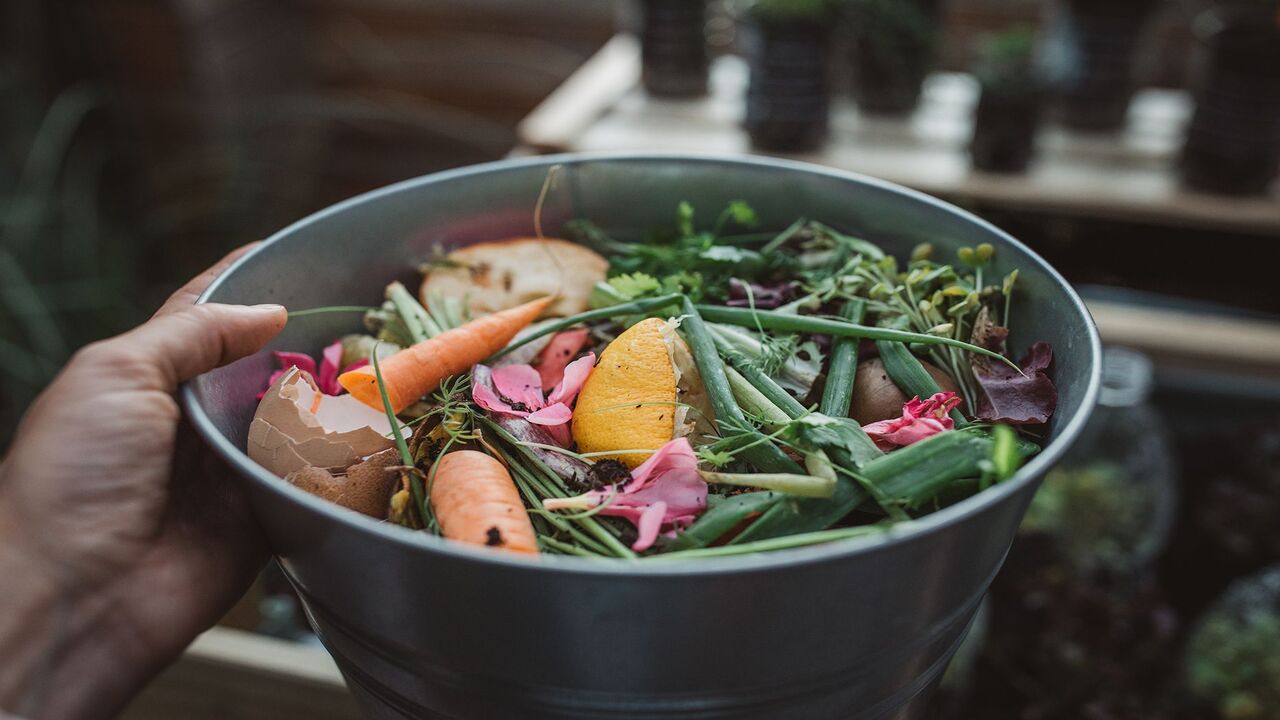
When creating potent compost, certain things should be avoided. These include meat and dairy products, which can attract pests and create unpleasant odors. It is also best to avoid adding weeds that have gone to seed, as this can lead to weed growth in your compost.
Additionally, avoid adding materials treated with pesticides or herbicides, as these chemicals can disrupt natural decomposition. Finally, avoiding adding pet or human waste to your compost is important, as these can contain harmful bacteria. By avoiding these items, you can ensure that your compost remains healthy and effective for use in your garden.
Conclusion
Using compost in your garden is a game-changer for plant growth and soil health. It enriches the soil with essential nutrients, improves its structure and drainage, and promotes beneficial microbial activity. Creating your potent compost pile or bin can reduce waste, save money, and create a sustainable gardening practice.
Avoid certain items like meat, dairy, and diseased plants in your compost, as they can attract pests or spread diseases. With a little patience and effort, you’ll be rewarded with healthy, vibrant plants and a thriving garden. Start transforming your garden’s growth by incorporating nutrient-rich compost into your gardening routine today.
Frequently Asked Questions
[rank_math_rich_snippet id=”s-25ba9180-a40b-471f-95ee-d4eec6476b06″]

I am passionate about home engineering. I specialize in designing, installing, and maintaining heating, ventilation, and air conditioning systems. My goal is to help people stay comfortable in their homes all year long.

